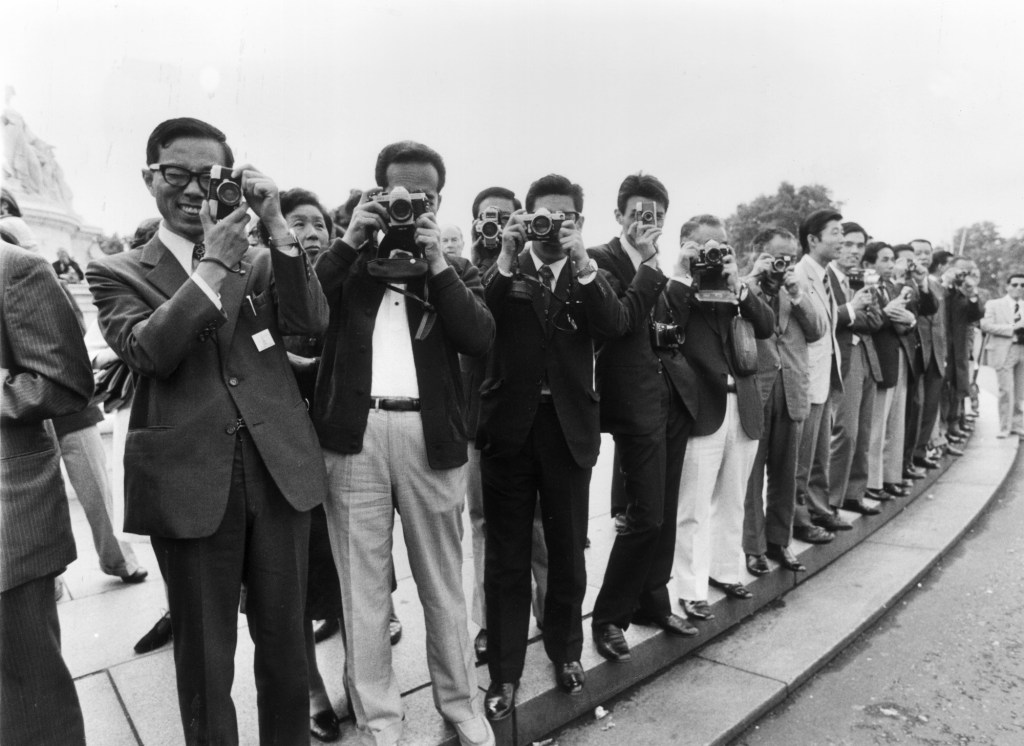
As a parable that sums up the dysfunction of the modern state and the over-regulation of industry, this has it all: government by unaccountable quango, ministers whose actions are the opposite of their words, puritanical campaigners given the power to dictate how people spend their money, a refusal to recognise glaring trade-offs and the cost of regulation, and the complacency with which a great British success story might be killed off.
The success story in question is horse racing. With five million fans a year visiting 59 courses, racing is Britain’s second most popular spectator sport after football. And we are good at it. We have the best horses, the best trainers, and four of the top ten races in the world. The industry contributes
£4.1 billion to the economy and £300 million a year to the Treasury, and it keeps 100,000 people in work, including in our betting industry, supporting rural and semi-rural communities – such as West Suffolk, which I represent in parliament.
Problem gambling among people betting on horse racing is about as common as it is among those buying National Lottery scratch cards. Yet thanks to the Gambling Commission’s blinkered campaign against gambling addiction – which is almost entirely down to gaming and gambling online – the government is risking the destruction of the entire racing industry.
Although the trade in bloodstock is worth millions of pounds, profit margins are tight for breeders and trainers. They do not necessarily see a return on what they invest. We are breeding fewer thoroughbred horses, and the British racing industry is in danger of falling behind global competitors.









Comments
Join the debate for just $5 for 3 months
Be part of the conversation with other Spectator readers by getting your first three months for $5.
UNLOCK ACCESS Just $5 for 3 monthsAlready a subscriber? Log in